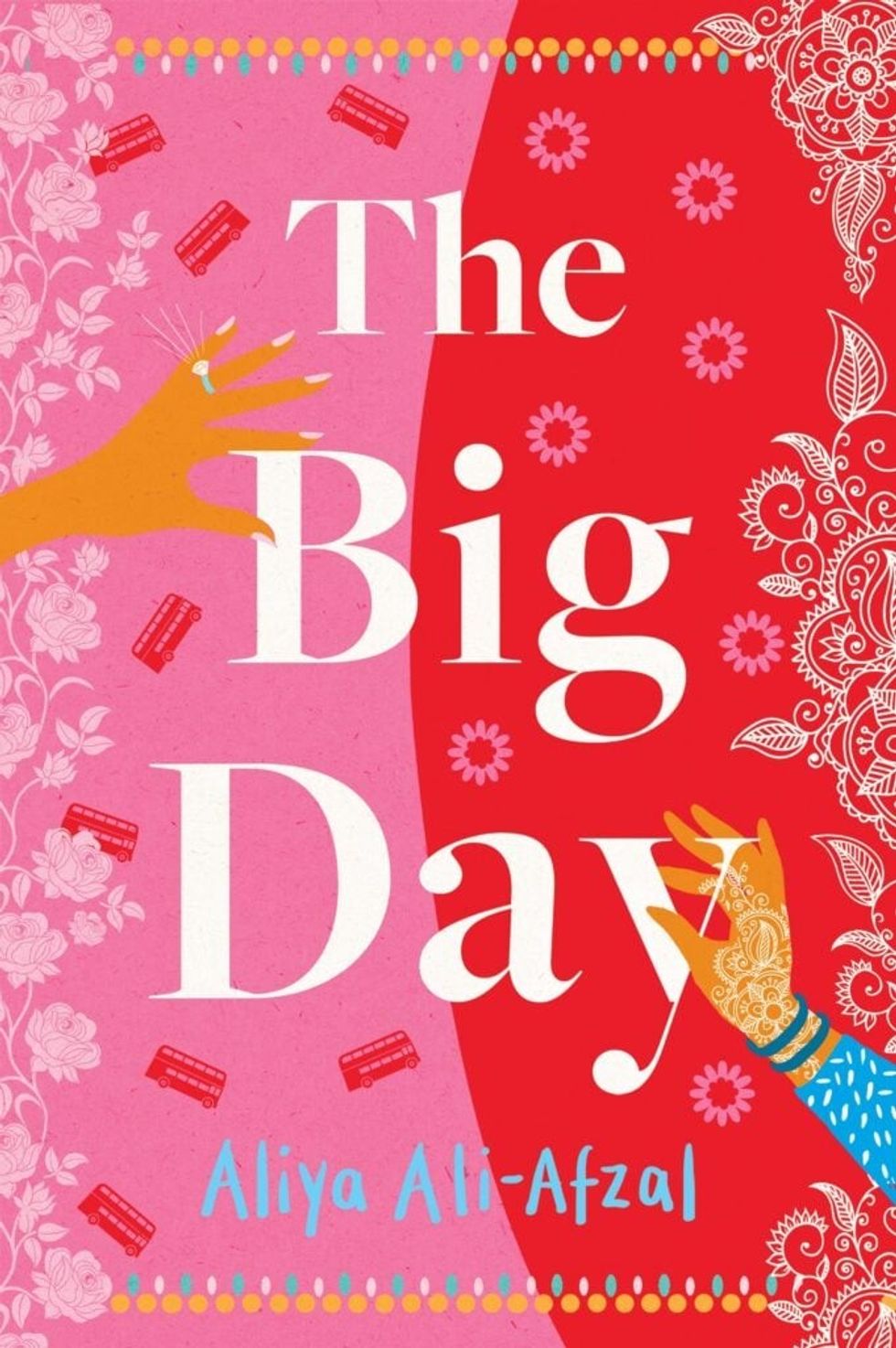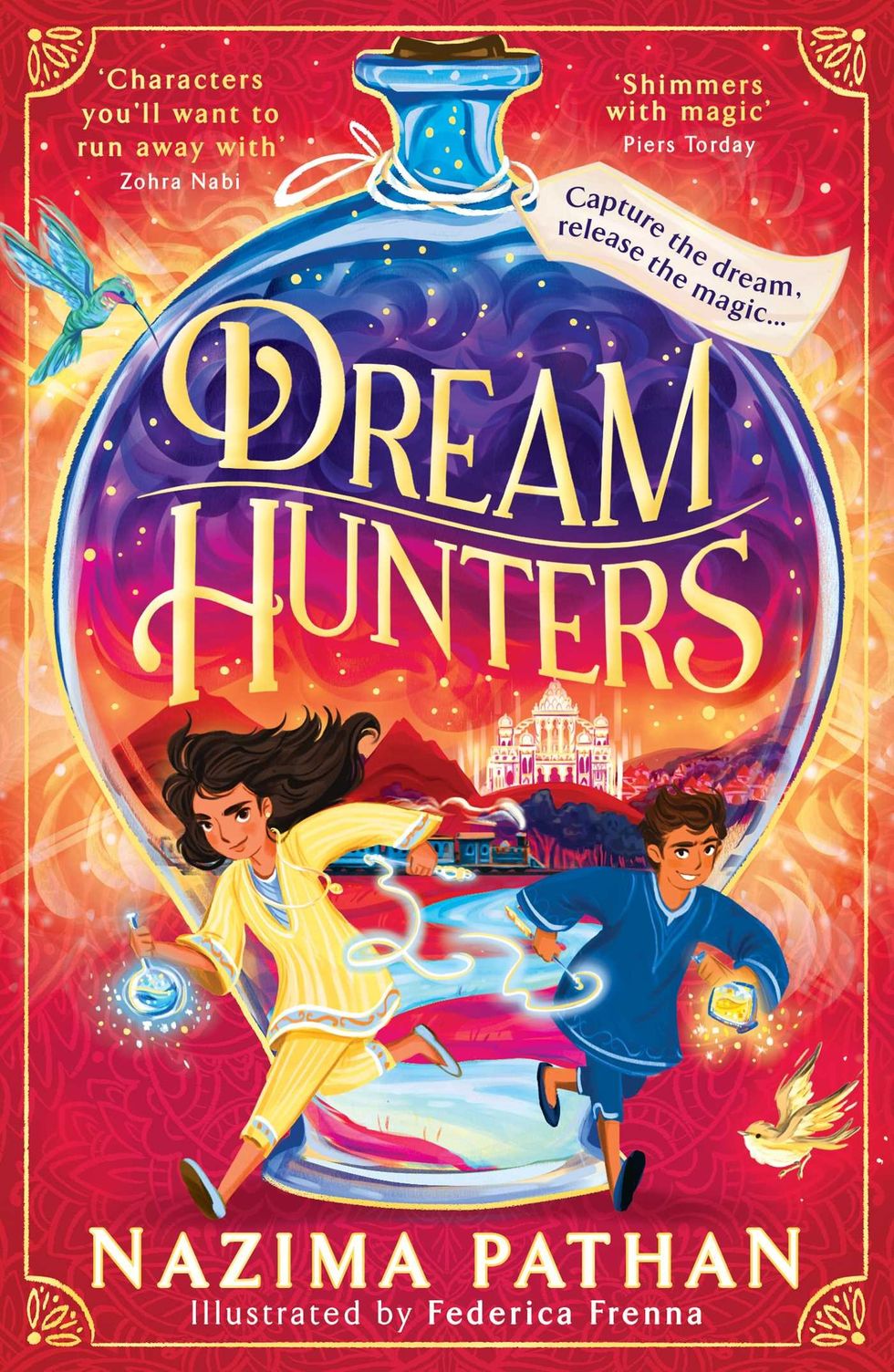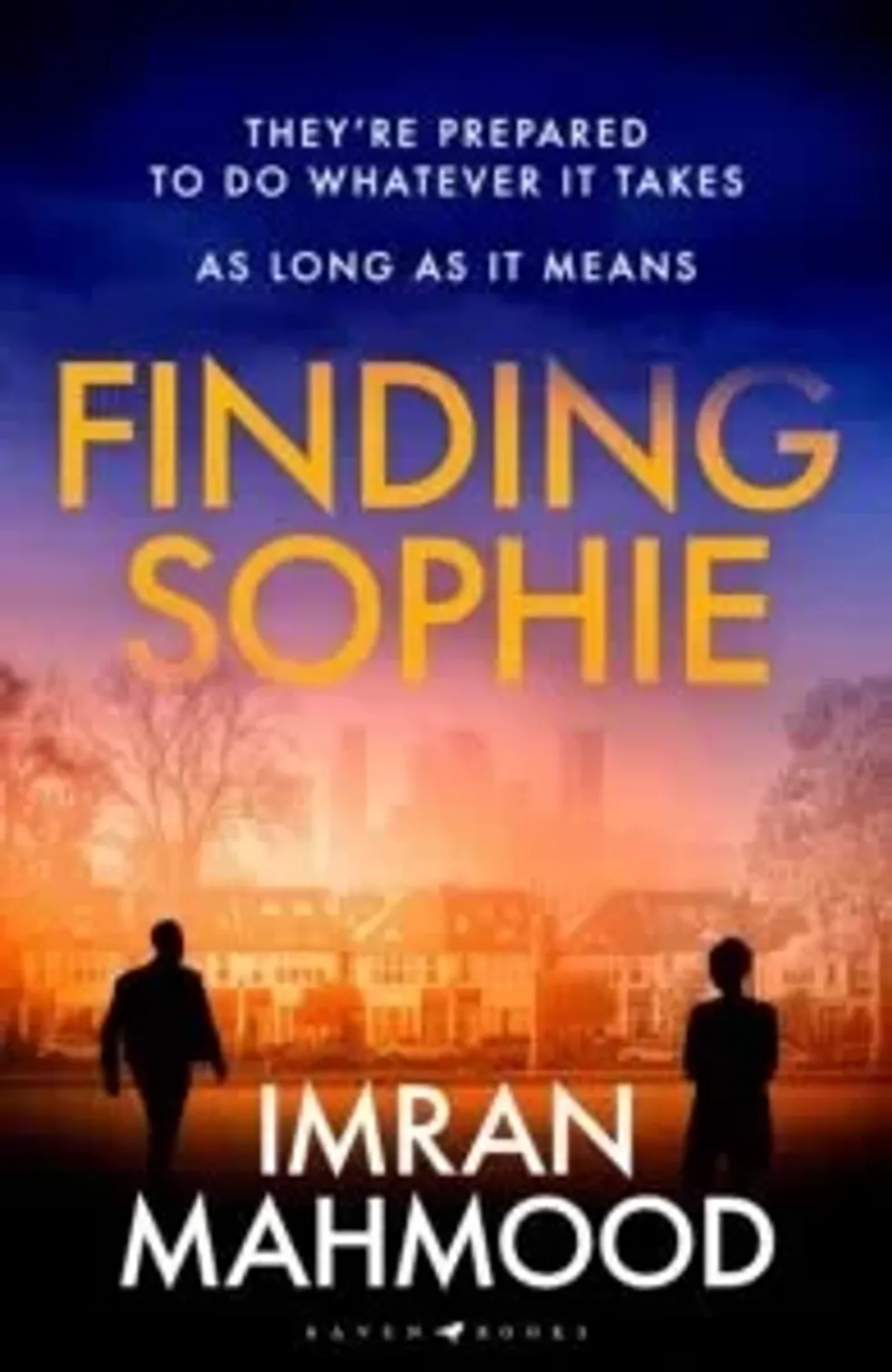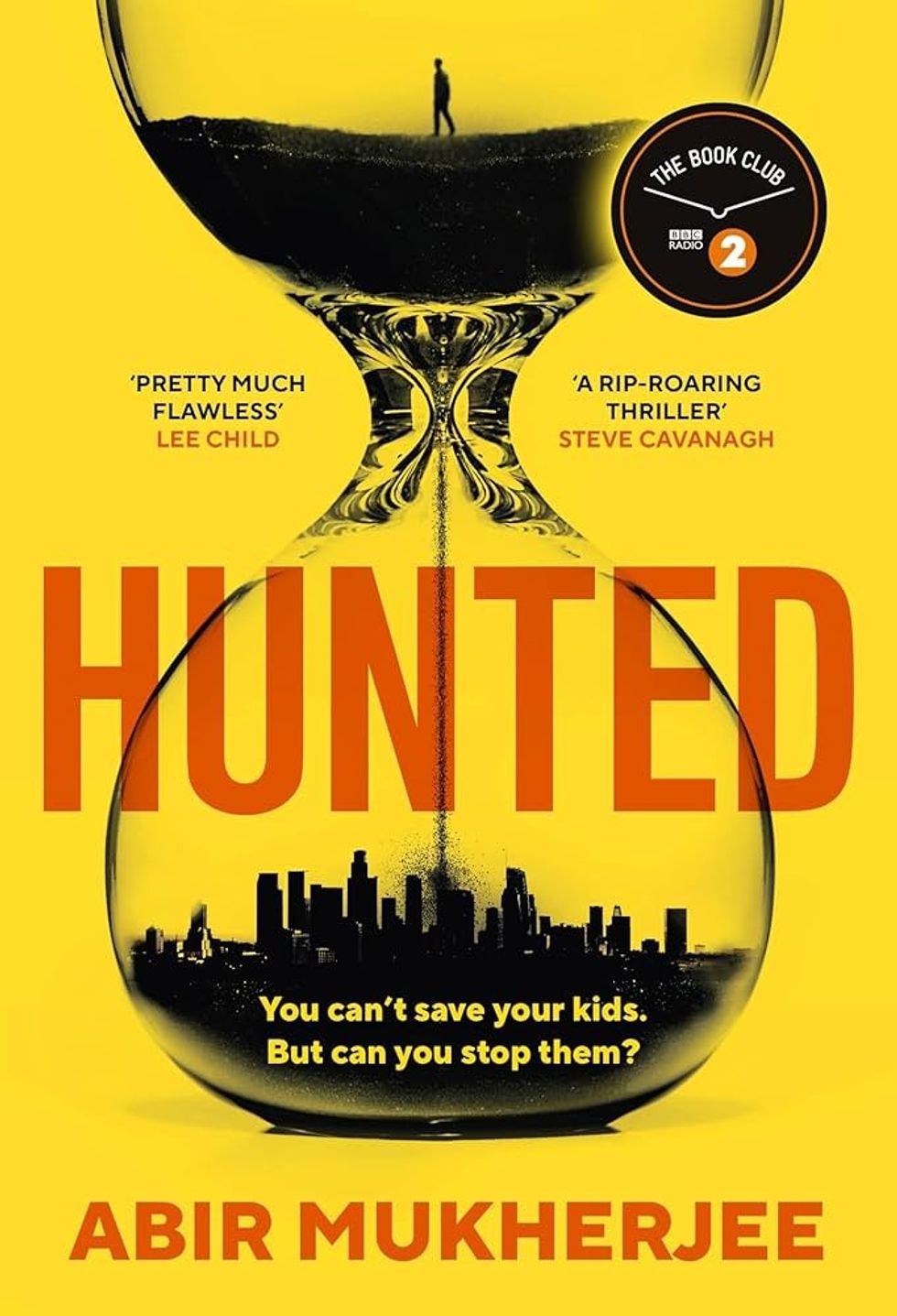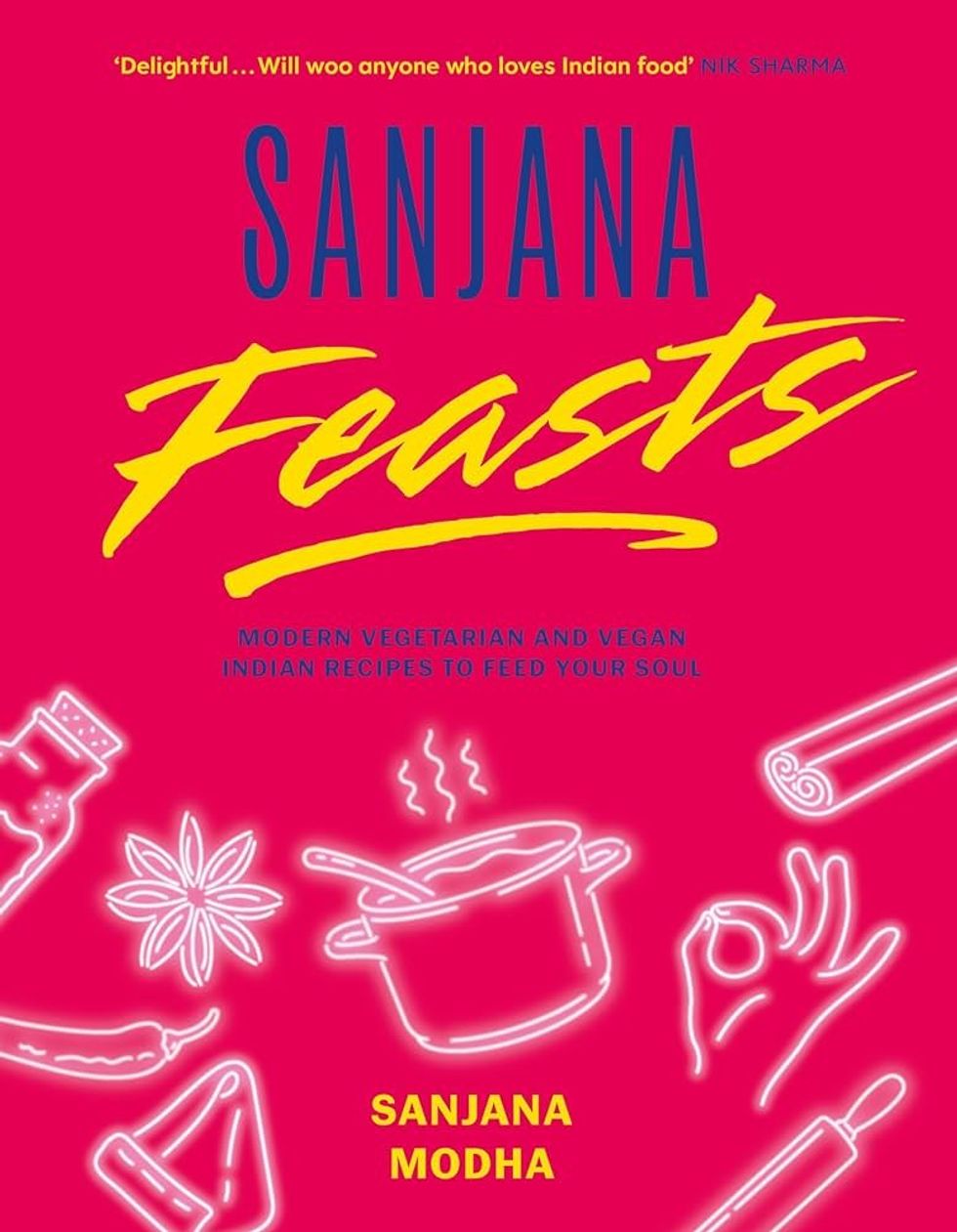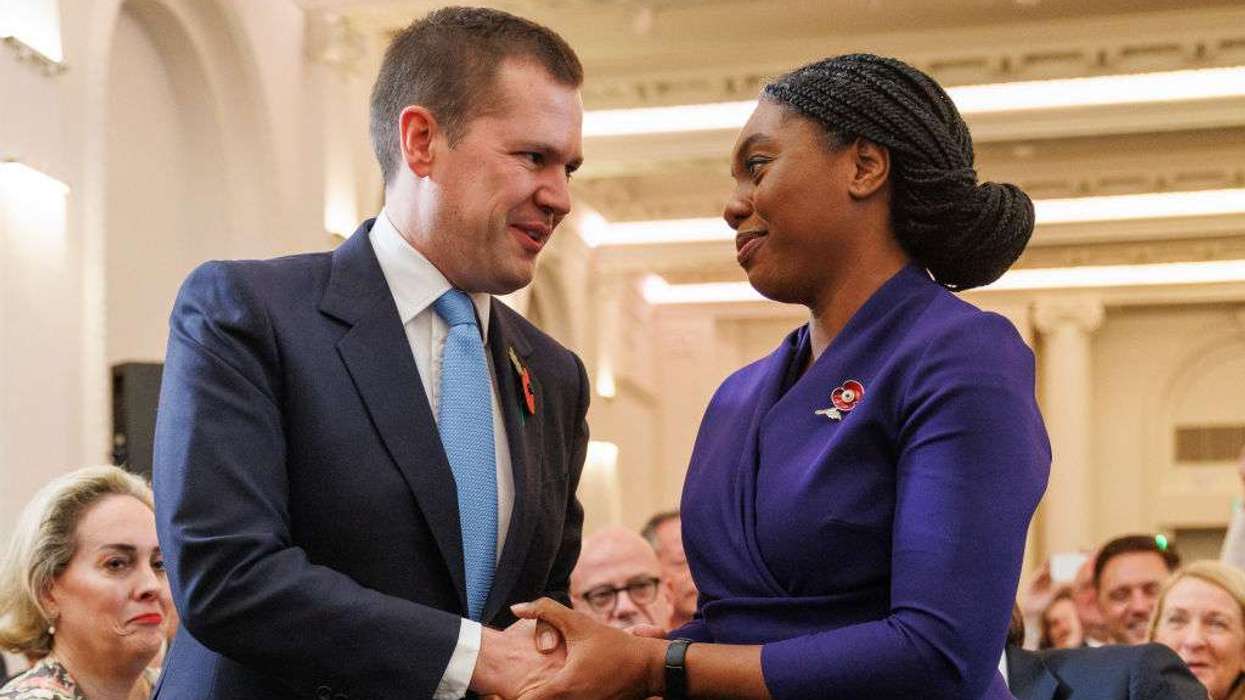THIS year offered a great variety of books, ranging from relatable tales of human emotions to gripping windows into historical events.
Thrillers, memoirs, fantasy stories, and thought-provoking reads made their mark, as did non-fiction books that explored everything from modern Indian recipes to India’s historical role in shaping the world. South Asian authors and culturally rich themes stood out, delivering immersive pages that beautifully came to life.
Eastern Eye celebrates the year’s literary brilliance with a list of standout 2024 books, including two that stood out from the rest.
The Big Day by Aliya Ali-Afzal: The British author followed up her acclaimed debut novel Would I Lie To You with a story exploring family dynamics and human relationships. Centred around the countdown to a crosscultural wedding, the narrative featured everything from clashes and hidden secrets to family bonds being tested to their limits. The comedy-drama balanced sensitive topics, raw emotion, and conflict with light-hearted moments. This sensitively written book, with its relatable characters, evoked deep emotions and carried an engaging air of unpredictability.
Dream Hunters by Nazima Pathan: What made this book stand out from others published in recent years was its fantasy setting in a reimagined India, where dreams can be captured and bottled. This accomplished debut novel was unique, unpredictable, and full of surprises. The story follows a brave 12-year-old girl on a quest to save the king after uncovering a plot to turn a citadel of healing dream craft into one of terrifying nightmares. The beautifully crafted magical world, combined with a thought-provoking narrative, blending adventure, emotion, and cultural insight seamlessly.
Finding Sophie by Imran Mahmood: The acclaimed British crime writer added to his impressive body of work with this story of two parents desperately searching for their missing teenage daughter. This multi-layered thriller, told through different perspectives, was packed with twists, unexpected surprises, and raw emotions. It tackled themes including family, mortality, and justice. By blending deep emotional resonance with mystery elements and a gripping whodunnit, the author delivered a compelling page-turner that built up to a powerful conclusion.
Empireworld: How British Imperialism Has Shaped the Globe by Sathnam Sanghera: This brilliant followup to the acclaimed Empireland examined the legacy of British imperialism across the globe. By exploring the British Empire’s influence on a quarter of the planet and its far-reaching impact on the rest of the world, the author offered a revelatory work that helps readers understand the historical forces shaping the present. This meticulously researched book was aptly described by one reviewer as “a charge against Rule Britannia” and cemented Sanghera’s status as an important and influential voice in historical discourse.
Hunted by Abir Mukherjee: The talented British crime writer delivered a gripping story about two individuals from different cultures who seemingly go missing in America following an atrocity, forcing their respective parents to come together in a race against time to find them before more harm is done. Set in a fractured country, this compelling tale was described as a “masterclass” and was packed with unexpected twists. Although it lost some momentum in the second half, the smartly written narrative built up to a power-packed and satisfying ending.
Knife: Meditations After an Attempted Murder by Salman Rushdie: The acclaimed British author delivered a powerful memoir recounting the 2022 knife attack that left him with lifechanging injuries. Rushdie provides vivid details of the traumatic incident, where he was stabbed 15 times in just 27 seconds, and reflects on its aftermath. Interwoven with this harrowing account is meditative writing on life, loss, art, and resilience. Although not for the squeamish, this is ultimately a courageous book about taking control and responding to violence with creativity and strength.
Sanjana Feasts: Modern Vegetarian and Vegan Indian Recipes to Feed Your Soul by Sanjana Modha: One of the year’s most remarkable literary achievements saw British Asian chef and blogger Sanjana Modha release her fabulous crowdfunded cookbook. The book features a rich variety of delicious recipes inspired by her upbringing, including creative fusion dishes. With easy-to-follow instructions and stunning presentation, it stands out as a timeless addition to any kitchen. What makes it even more inspiring is Modha’s demonstration to aspiring authors that self-publishing a dream project is achievable.
The Revenge of Rita Marsh by Nilesha Chauvet: This powerful debut novel delivers a tension-filled story of a morally complex woman leading a dual life. Rita runs a care home by day and acts as an online vigilante by night, keeping her two worlds separate – until they collide, forcing her to choose between justice and revenge. This meticulously plotted psychological thriller delves into the dark underbelly of society, a fearless approach that may not appeal to everyone but undeniably makes it stand out. The novel is packed with surprise twists and unpredictable characters, adding to its gripping narrative.
Vengeance: The Khan 2 by Saima Mir: It was going to be difficult for the British author to match up to her stunning 2021 debut novel The Khan. Like the powerful protagonist of her story, Mir rose to what seemed like an impossible challenge and delivered a solid sequel. The story picks up two years later, with Jia Khan running her organised crime syndicate and stumbling upon a notebook her late father left, which sends her on an unexpected journey. Like her first book, this was fabulously fierce and featured a formidable female protagonist.
Why We Travel by Ash Bhardwaj: This captivating blend of memoir and travelogue delves into the profound human drive to discover new horizons. Award-winning journalist, author, and keynote speaker Ash Bhardwaj dismantles the simplistic ‘eat, rest, relax’ model often promoted by travel companies, instead revealing the transformative power of the journey itself. Structured around distinct travel motivations, the book takes readers on an engaging adventure that becomes a portal to self-discovery. With personal stories, top travel tips, and a thoughtprovoking examination of ourselves and the world, this is a truly transformative read.

